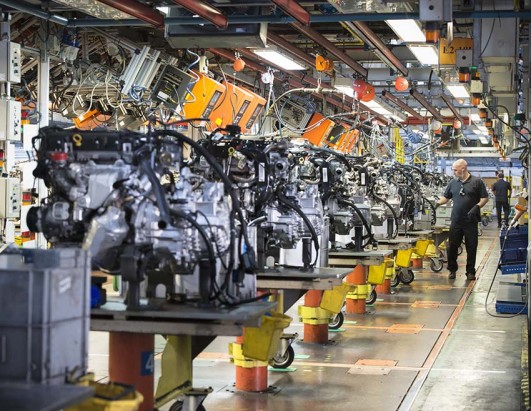Session 3: Competition, market power, and innovation
Introduction
Technological advance over the past centuries has increased productivity and was a key driver of economic growth. However, the introduction of new technologies, and the shorter cycles and higher frequencies of new production technologies, bring intense disruption to a large share of workers as some jobs become obsolete. The wages of workers who must compete with machines are hit disproportionately whilst some new lucrative occupations are created (Brown, 2020; Vallance, 2023). Some industries become more concentrated and wealthier, others shrink and lose their share in total GDP. Firms that innovate successfully also become very large and gain market power – the power to set their price without worrying about the actions of their competitors and to create barriers to entry that prevent potential competitors to erode their market power. However, large dominant firms restrict competition, which according to mainstream economists, especially those in the neoclassical school of thought, gives consumers the best possible products at the lowest possible price. Let’s explore this next.
See more:
- Vallance, C. (2023) ‘AI could replace equivalent of 300 million jobs - report’, BBC News, 28 March 2023. Available at: https://www.bbc.co.uk/ news/ technology-65102150 (accessed 11 March 2025).
- Brown, S. (2020) ‘A new study measures the actual impact of robots on jobs. It’s significant.’ MIT Management. Available at: https://mitsloan.mit.edu/ ideas-made-to-matter/ a-new-study-measures-actual-impact-robots-jobs-its-significant (accessed 11 March 2025).
